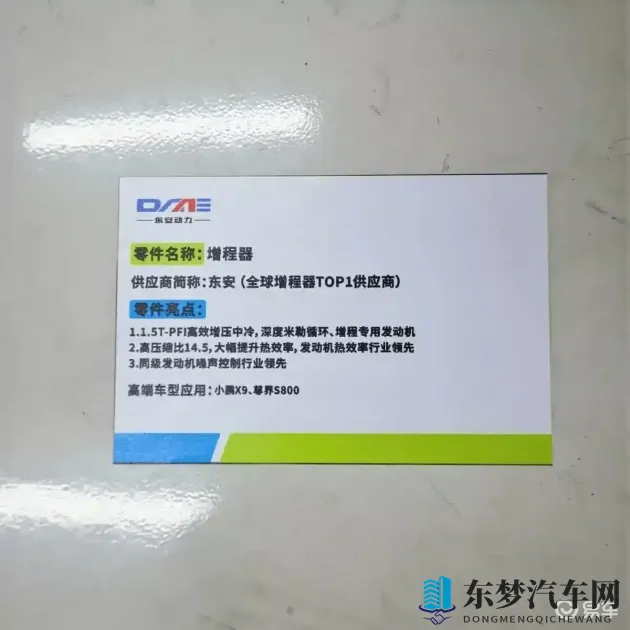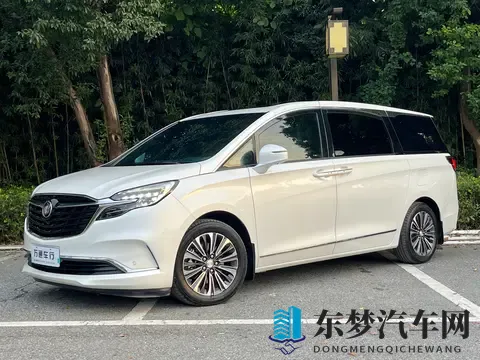In an unexpected twist of fate, the deepest plug-in event in a kitchen might just hold the key to understanding the latest advancements in car technology. This unique scenario has sparked a wave of innovation, merging the realms of household appliances and automotive engineering.
The concept of "the deepest plug-in" refers to the maximum depth at which a kitchen appliance can be plugged into an electrical outlet. This measure is crucial for ensuring safety and functionality. Similarly, in the world of electric vehicles (EVs), the depth of the plug insertion is equally significant. It determines the stability of the connection and the efficiency of energy transfer.

In both kitchen appliances and EVs, a secure connection is vital. Imagine the frustration of a blender not working because it's not properly plugged in or an EV that fails to charge due to a loose connection. The kitchen's deepest plug-in event serves as a stark reminder of the importance of a reliable and stable connection.
The insights gained from the kitchen's deepest plug-in event have led to several advancements in car technology. For instance, modern EVs now feature advanced charging systems that ensure a secure and efficient connection every time. These systems are designed to detect and adjust to various types of outlets, making charging more convenient and reliable.

In response to the kitchen's plug-in challenge, automotive engineers have developed innovative designs for EV charging stations. These designs prioritize safety, ensuring that the plug is inserted correctly and securely. Additionally, they incorporate features that protect against overcurrent and overheating, minimizing the risk of electrical hazards.
The lessons learned from the kitchen's deepest plug-in event have also influenced energy efficiency in EVs. Modern charging systems are optimized to provide the necessary power without wasting energy. This focus on sustainability is not only beneficial for the environment but also for the wallet, as it reduces energy consumption and costs.
The intersection of kitchen appliances and car technology has opened new doors for innovation. As we continue to advance in the realm of electric vehicles, the principles learned from the kitchen's deepest plug-in event will undoubtedly play a crucial role in shaping the future of automotive engineering.